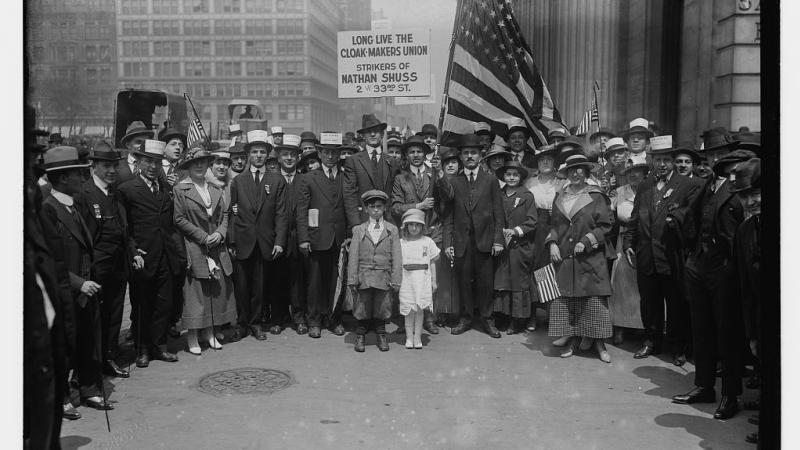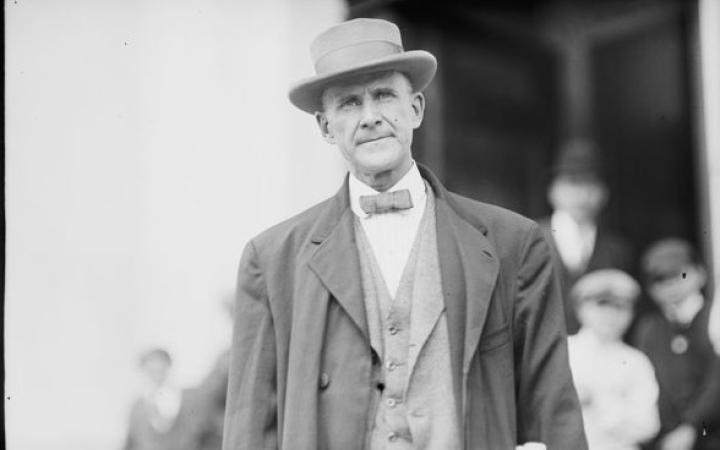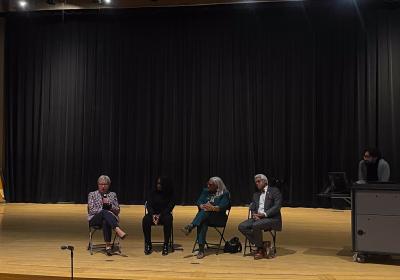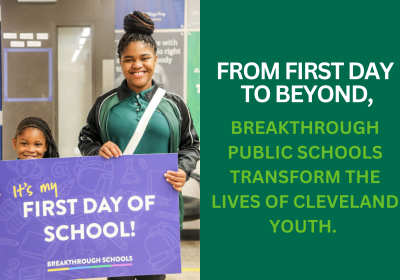
Why do we celebrate Labor Day?
Cleveland State University will close its doors on Monday in observance of Labor Day. While many associate the holiday with barbecues and big sales, its true history is filled with blood, sweat and solidarity.
According to the United States Department of Labor, the national holiday is the “annual celebration of the social and economic achievements of American workers.” But how did the day we celebrate every year come to be?
Blood, sweat and solidarity
The celebration of Labor Day can be traced back to the second half of the 19th century. With industrialization well on its way, workers, including children as young as 5, found themselves facing increasingly harsh conditions. Many were forced to work 12 hour days, seven days a week in mines, factories, mills and railroads. Workers faced unsafe working conditions and lacked breaks.
In response, workers utilized collective power to advocate for higher wages, shorter days and safer conditions. Their collective power took many forms, including strikes, rallies and violent riots.
On Sept. 5, 1882, around ten thousand people skipped work in order to march in the streets of New York City. The march was organized by New York’s Central Labor Union, an association of several labor unions in New York and New Jersey that fought for better wages, hours and working conditions. It is recognized as the first Labor Day parade in U.S. history.
While a number of states began to recognize Labor Day around the time of the 1882 parade, it still wasn’t a federal holiday.
One of the states that began recognizing Labor Day before it became a federal holiday was Ohio. The state passed a bill on April 28, 1890, recognizing the holiday. The bill had been introduced earlier that year by John Patterson Green, a state representative from Cleveland and the second African American to serve in the Ohio House of Representatives.
In nearby Illinois, four years later, railroad workers in Chicago walked off the job on May 11, 1894. Led by American Railway Union leader and eventual socialist presidential candidate Eugene V. Debs, the workers demanded higher wages, safer conditions and a shorter work day. The strike ended in violence two months later, following President Grover Cleveland’s decision to send federal troops to crush the strike.
Meanwhile, while the strike was ongoing, President Cleveland signed on June 28, 1894 legislation marking Labor Day as a federal holiday. Some historians argue that Cleveland signed the bill due to fear of losing the support of working-class voters ahead of the 1896 election.
The fight goes on
Today, the labor movement is experiencing a dramatic upswing. According to CNBC News, poor working conditions during the COVID-19 pandemic, rapid inflation, increasing disparities between worker pay and executive compensation and record-breaking support for labor unions have combined to create a surge in labor movement activity.
So far this year, over 320,000 American workers have taken part in 230 strikes. That number is already up from the estimated 240,000 workers participating in 420 strikes in 2022. Major strikes this year have spanned a variety of industries, including entertainment, logistics, healthcare, restaurants, news, education, and likely soon, manufacturing.
Northeast Ohio workers have been heavily involved in the upsurge. Starbucks baristas at several locations throughout the region, including Crocker Park, Cleveland Heights and Lakewood, have unionized and participated in strikes. Teachers, retail workers and machinists have done the same, and hospital and airline workers have plans to strike this week.
While you are relaxing at a family barbecue or racing to the store for a big sale on Monday, remember to honor the workers who fought for our rights. Whether it be the five-day work week, the right to unionize or child labor laws, our basic rights were won and are kept through brave demonstrations of solidarity.











